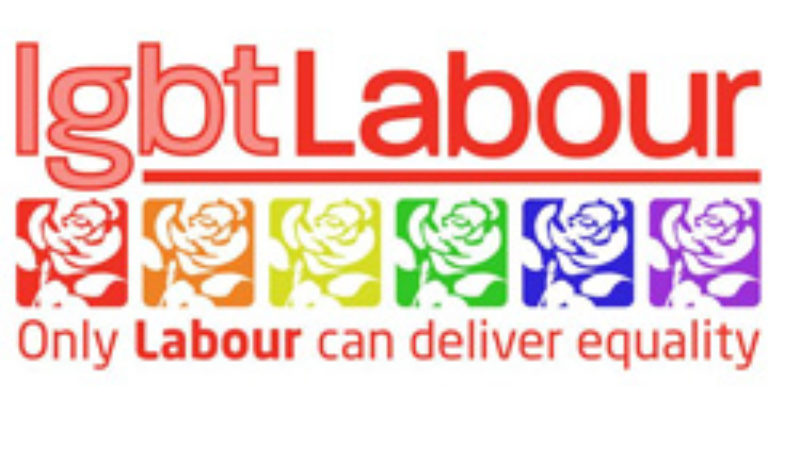
LGBT issues are again headline news as the discussion about same-sex marriage hots up and the government’s proposed consultation gets closer. With a flurry of newspaper columns and a parade of senior religious figures appearing to tell us that changing from civil partnerships to marriage will do everything from undermine marriage to bringing us close to the breakdown of society (Cardinal O’Brien, leader of Scotland’s Catholics has penchant for hysteria it would seem).
But away from the headlines and the debate on this one area what is the situation for the UK’s LGBT community?
The UK and its attitudes have changed immeasurably and for the better since LGBT Labour was founded as the Labour Gay Group in 1975, making us one of the world’s oldest political party gay rights groups.
Back then homosexuality was still a criminal offence in both Scotland and Northern Ireland. We’ve seen the first openly gay MPs, from Chris Smith in 1984, through to the rush of new MPs in 1997, to the openness of a host of Tory MPs in the last few years; as well as a range of liberalising laws and a much more tolerant and accepting society.
Much of that time we were engaged in a real battle not just for progress but to stop things going into reverse, as we saw most notoriously in 1988 with Section 28. Real progress on equality measures did not start until the 1990s, particularly with the huge progressive leaps after 1997. That period enshrined equality into British law like never before, from adoption rights and an equal age of consent through to equality in provision of goods and services and civil partnerships to name but a few.
It was a true transformation of both the view of the state and societal attitudes towards gay people. As David Cameron acknowledged when he became Prime Minister, the last government had made the UK a more liberal place. The debate over same-sex marriage is an indication of this. For all the comments made by its opponents, we wouldn’t even have imagined this debate was possible 15 years ago, let alone that it would have the backing of all the main parties (even if that doesn’t always translate to some parts of the back-benches).
But we also have to acknowledge that equality is unfinished business. It has been suggested that the job is done, most recently in an article on Labour Uncut. But whilst we continue to see a world where one in five LGBT people have faced violence or verbal abuse; or that accept sport as an area of public life where it is normal to have no openly LGBT participants; or that homophobic bullying remains a serious problem in our schools, there is still work to be done.
We are also seeing a worsening situation abroad, most notably in Africa where there are continuing attempts in a number of countries to make life worse for LGBT people, and where liberty and lives are at risk. We are also seeing Russia slide towards oppression as laws are being passed outlawing ‘homosexual propaganda’ which results in effectively banning even the most basic support services.
As LGBT Labour heads towards its 40th anniversary, we’re clear there is still a job to do on campaigning for equality and a clear role for the Labour Party in that.
Increasingly we need to provide that voice internationally and use the links that we have, as an internationalist party, to stand up for those in countries whose voices are being silenced.
There is a role at home too pushing the remaining legislative changes and working on ensuring that we tackle those areas where homophobia remains entrenched and ensuring that LGBT people can take their full place in society without fear of prejudice. Ed Miliband was absolutely right when he stated recently that Britain should be a beacon of hope on equality and Labour is strongly placed to lead that campaign and LGBT Labour will be working with the our friends across the party to achieve it.
To find out more about LGBT Labour or to join us visit our website www.lgbtlabour.org.uk or follow us on Twitter @LGBTLabour
James Asser is the Co-chair of LGBT Labour




More from LabourList
‘Labour won’t stop the far right by changing leaders — only by proving what the left can deliver’
‘Cutting Welsh university funding would be economic vandalism, not reform’
Sadiq Khan signals he will stand for a fourth term as London Mayor